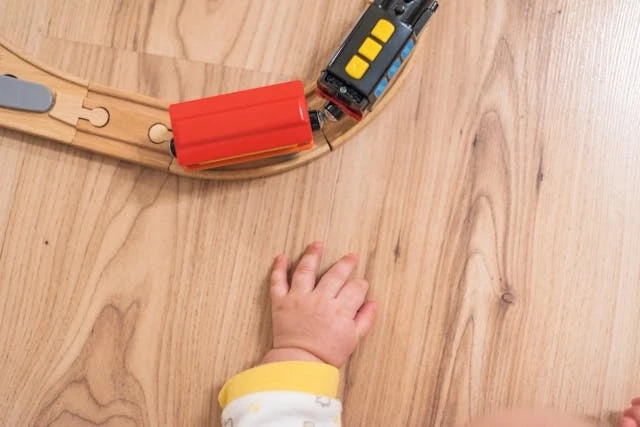Potty training is a significant milestone in any child's development, but it can present unique challenges for children with special needs. The process requires patience, understanding, and the right strategies to be successful. Support plays a crucial role in this journey, not just for the child but for the caregivers as well. This blog post delves into the importance of support during potty training. It also offers practical advice to make the process smoother and more effective for everyone.
Understanding Your Child's Needs
Every child with special needs is unique, with their own set of challenges and strengths. The first step in successful potty training is to understand these needs thoroughly. This might mean adapting training to accommodate physical limitations, sensory sensitivities, or communication barriers. Recognizing the signs that your child is ready to start potty training is also crucial. These signs could differ from those typically expected in children without special needs.
Creating a Supportive Environment
A supportive environment is key to making your child feel secure and confident during potty training. For a child with special needs, the bathroom should be a welcoming place, free from stress and pressure. Adaptive equipment, such as potty seats with handles or step stools, can make the bathroom more accessible. By incorporating fun elements, like a favorite book or toy that is only used during potty time, you can make the process more enjoyable. Visual aids, such as charts or pictures, can help children understand the process and what is expected of them. Consistency in routine also aids in creating a sense of security and predictability, which can be particularly reassuring for children with special needs.
Utilizing the Right Resources
Resources are not just about the physical tools but also include educational materials and professional advice. Books and videos that are specifically designed for children with special needs can provide visual and auditory cues that resonate with your child's learning style. They can make abstract concepts more concrete and understandable. Tools and equipment that facilitate training, such as adaptive potty chairs or seats, support children's physical needs and promote independence. Consulting with a potty training specialist who has experience in working with children with special needs can provide tailored strategies and support. These specialists can assess your child's specific needs and suggest personalized approaches, which can be incredibly beneficial.
Embracing Patience and Celebrating Milestones
Patience is paramount when potty training a child with special needs. Progress might be slow, and there may be setbacks along the way. It's important to celebrate every milestone, no matter how small, to encourage your child and reinforce their success. Positive reinforcement, such as praise or small rewards, can motivate your child to continue their efforts. Small rewards for potty training successes can include stickers, extra bedtime stories, a favorite snack, or a small toy. Acknowledging these achievements also helps to build their self-esteem and confidence in their abilities.
Building a Support Network
You don't have to go through the potty training process alone. Building a support network of family, friends, and professionals can provide emotional and practical assistance. This network can become a pillar of strength, offering advice, sharing experiences, and even providing hands-on help when needed. Online forums and social media groups dedicated to parents of children with special needs are also excellent places to find support and advice. Support groups, either online or in-person, can be a great resource for connecting with others facing similar challenges. These groups often feature discussions led by experts, workshops, and social events that can help families feel less isolated. Engaging with these communities can empower you with knowledge and the reassurance that you're not alone.
Conclusion
Potty training a child with special needs demands patience, understanding, and the right support, making success fully achievable. Tailoring the process to meet your child's individual needs lays a solid foundation for progress. A nurturing environment, combined with appropriate resources and expert advice, facilitates a smoother training experience. Celebrating every achievement, no matter its size boosts your child's confidence and reinforces their advancements. Building a supportive network is crucial, as it offers the necessary emotional and practical support to overcome potty training challenges, ensuring that each small step is a shared victory toward future accomplishments.


